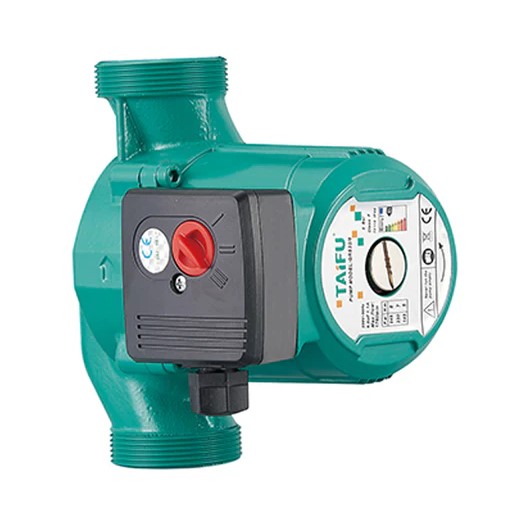When it comes to securing a mortgage, lenders often require a variety of documents to assess a borrower’s financial health. One such document that can make a significant difference in the mortgage approval process is a CPA (Certified Public Accountant) letter. In this article, we’ll explain what a CPA Letter For Mortgage Lender is, why it’s needed, and how it can benefit both borrowers and lenders.
Introduction
A CPA Letter For Mortgage Lender is a document written by a certified public accountant to verify the financial status of a borrower. This letter typically accompanies other financial documents like tax returns, income statements, and bank statements. Its primary purpose is to provide the lender with an added level of assurance regarding the borrower’s financial situation, ensuring they are able to repay the loan.
A CPA letter acts as a professional endorsement of the borrower’s financial health. Since the CPA is a licensed financial expert, their letter holds more weight than a self-reported income or personal statement. It can be particularly useful for individuals who may not have traditional forms of income, such as self-employed individuals, freelancers, or business owners.
Why Do Mortgage Lenders Require a CPA Letter?
Mortgage lenders rely on a wide range of documents to assess the risk of lending to a borrower. While pay stubs and tax returns provide a basic view of a borrower’s financial status, they may not be enough to make a complete decision, especially for self-employed borrowers or those with complex financial situations.
A CPA letter adds credibility to these financial documents. It serves as an official verification that the borrower’s reported income is accurate and substantiated by the CPA’s professional review. This is particularly important for borrowers whose financial documentation might be more difficult to interpret, such as those with irregular income, fluctuating profits, or multiple income streams.
Components of a CPA Letter
A CPA (Certified Public Accountant) letter is a formal document typically written by a CPA to verify financial information or confirm certain financial statements. Key components include a header, which contains the CPA’s contact information, date, and recipient’s details; an introduction that states the purpose of the letter; and a scope section outlining the work performed, such as a review of financial records or confirmation of income. The findings section provides conclusions or statements of verification based on the CPA’s work, and a disclaimer often clarifies the CPA’s limitations and lack of liability for undetected issues. Finally, the letter includes a signature section with the CPA’s name, title, and license number, lending credibility and official status to the document.
Process Of Getting
Getting a CPA letter which is for a mortgage lender requires that you work closely with a licensed CPA who is familiar with the mortgage process. The first step is to provide the CPA with all necessary financial documents, such as your tax returns, income statements, and any other relevant financial information.
Once the CPA has reviewed your financial situation, they will draft the letter. It’s important to note that while some mortgage lenders may have specific requirements for the contents of the letter, most CPAs will know exactly what is needed for standard mortgage applications.
Before the letter is submitted to the lender, make sure you review it for accuracy. Any discrepancies or inaccuracies can delay the approval process or lead to a denial. If there is anything in the letter that doesn’t align with your financial records, address it with your CPA before moving forward.
Common Mistakes to Avoid When Using a CPA Letter
While a CPA letter can be an essential tool in securing a mortgage, it’s important to avoid some common mistakes:
– Incomplete Documentation: Ensure that all necessary financial documents are provided to the CPA for review. Missing or incomplete documents can result in an inaccurate letter.
– Overstating Financial Stability: While a CPA letter is meant to verify your financial health, it’s important not to exaggerate your income or financial situation. Misleading information could result in legal consequences or mortgage denial.
Conclusion
A CPA Letter For Mortgage Lender is an important document that can play a pivotal role in the approval process, particularly for self-employed individuals or those with unconventional income. By providing lenders with an added layer of verification, it helps ensure that both parties are making informed decisions. If you are considering applying for a mortgage, working with a qualified CPA to draft this letter can give you a better chance of securing the loan you need.
FAQ
Does a CPA letter guarantee mortgage approval?
No, a CPA letter does not guarantee mortgage approval. It is simply one of many factors that lenders consider when evaluating a borrower’s financial situation. However, it can increase the likelihood of approval, especially for borrowers with non-traditional income sources.
Can I use a CPA letter if I am employed by a company?
Yes, you can use a CPA letter even if you are employed by a company. However, it is more commonly used by self-employed individuals or business owners. If you have a stable job and steady income, you may not need a CPA letter unless the lender specifically requests one.
How much does a CPA letter cost?
The cost of a CPA letter can vary depending on the complexity of your financial situation and the CPA’s rates. On average, you can expect to pay between $100 and $500 for a CPA to prepare a mortgage verification letter.






